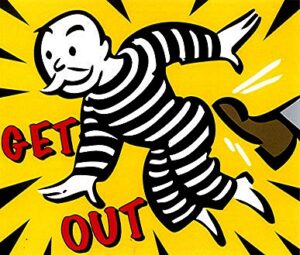Executors and trustees can be personally liable to beneficiaries for improper or unauthorized payments from estate assets.
The Brown v Brown 2011 BCSC 649 is a good example of that principle of law.
The plaintiff and the defendant were brother and sister.
Their aunt died and left her estate to them in equal shares.
The brother was named executor and trustee.
The brother used estate monies to pay off a mortgage on a piece of property that the brother and sister owned one third each with their mother.
The sister did not consent to this payment and demanded from the trustee, that her one third of the mortgage payment be paid to her instead so she could invest the monies.
The Court found that the will did not give the executor/trustee the power to use estate funds to pay off a debt unrelated to the estate.
The defendants arguments in which he attempted to justify the payment were dismissed.
The court held that the brother was in breach of his obligation as administrator to pay to the plaintiff her one half share of the estate proceeds.
In addition to the plaintiff being awarded her one half interest and court costs, she was also awarded interest on the funds compounding annually to give effect to the principle of full compensation , given her testimony that he would have invested the funds to provide for her future.
The defendants improper conduct did not warrant an award of special costs against him, but he was denied indemnification from the estate to cover his costs of the litigation.
When executors/trustees act properly, they are usually entitled to be indemnified for the cost of defending an action brought against them on behalf of the estate.
disinherited.com is of the opinion that the decision is entirely correct, and an example of an executor/trustee acting high handedly to the detriment of the other beneficiary.
Executors and trustees sometimes need to be reminded that they cannot act “willy nilly” and must confine their actions to authorized and proper estate matters, or failing same, they the risk of incurring personal liability to the beneficiaries who have lost out.




